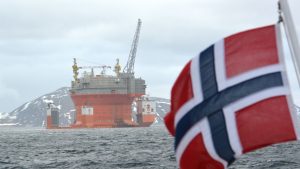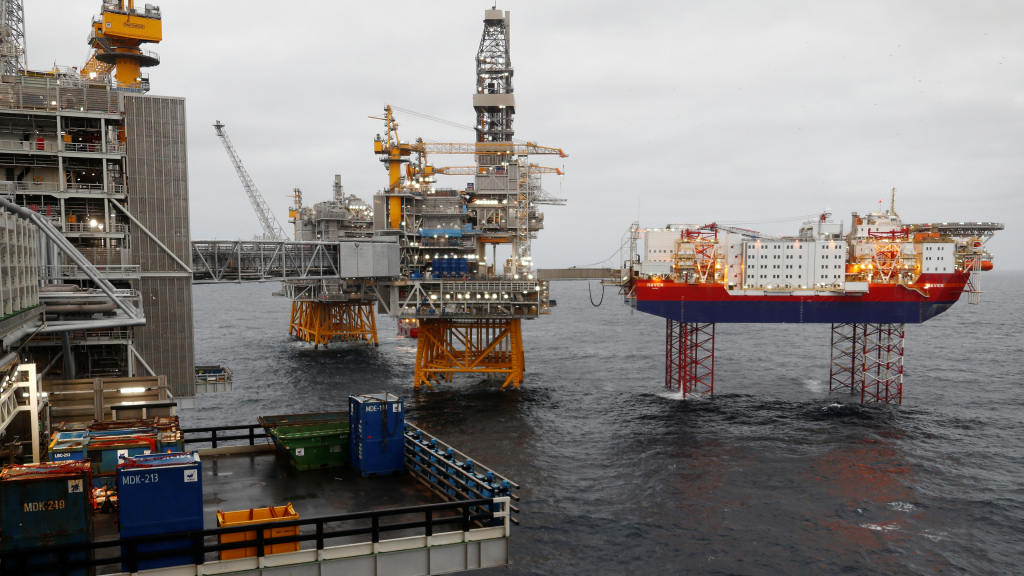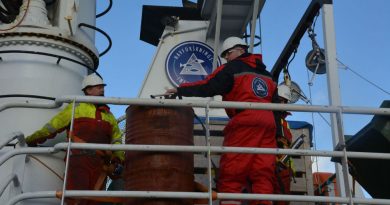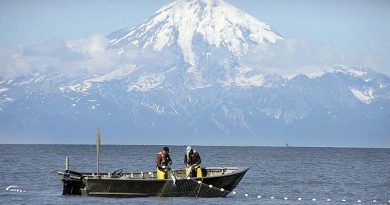Norway’s Supreme Court rules in favor of Arctic oil drilling

Drilling for more oil can continue in the Barents Sea as Norway’s top court rejected the lawsuit filed by four environmental organizations.
The ruling and voting by all 19 judges in the Supreme Court was streamed live and the main question for judgment was if Arctic oil drilling, as opened for by the government, violates the Constitution’s Article § 112. The Article is aimed to ensure the State has an obligation to take measures guaranteeing the citizen’s rights to a secure climate, including for the coming generations.
The judgment was uneven, with four of the 19 judges believing the oil licenses in the Barents Sea should be invalid for climate reasons.
It was in 2016 the organizations sued the Norwegian state for the opening of new oil drilling in the Barents Sea through the 23rd licensing round.
With the ruling, Norway can continue to explore for offshore petroleum up north.
The four organizations; Nature and Youth, Friends of the Earth, Greenpeace and Grandparents Climate Campaign are disappointed.
“We are outraged with this judgment, which leaves youth and future generations without Constitutional protection. The Supreme Court chooses loyalty to Norwegian oil over our rights to a livable future. The youth in Norway fighting against Arctic oil drilling is used to being disappointed, and we will continue our fight. In the streets, in voting booths and in the courts if needed,” said Therese Hugstmyr Woie, head of Nature and Youth.
Frode Pleym, head of Greenpeace Norway calls the judgment absurd. “It is absurd that our right to a livable environment cannot be used to stop Norway’s most harmful activities for our climate and environment. We share in the outrage the youth of Norway will feel faced with this decision.”
The organizations are now considering appealing the case to the European Court of Human Rights.

Norway recently lost its spot on the UN Human Development ranking due to its large carbon footprints from the oil industry that is seen as putting people’s quality of life at risk.
In November, the government announced another 136 oil blocks in northern waters, of which about half are in the northern part of the Barents Sea at 73°N and 74°N and will, if approved, be some of the northernmost offshore oil drillings in the world.
This autumn has been the hottest ever in Europe, with shocking temperatures in early November with an average of 6,7°C above normal across the Arctic.
December started with several places in the Russian Arctic reporting about temperature deviation from normal of more than 20 degree Celsius.
Norway is, together with Russia, the largest oil producers in the north.
Related stories from around the North:
Canada: What Russia’s $300B investment in Arctic oil and gas means for Canada, CBC News
Finland: Finland investigates oil leak risks from Baltic Sea shipwrecks, Yle News
Greenland: Greenland joins push to ban heavy fuel oil in the Arctic, Eye on the Arctic
Iceland: Iceland to restrict heavy fuel oil use in territorial waters, Eye on the Arctic
Norway: Norway’s Supreme Court to decide landmark climate case against Arctic oil in November, The Independent Barents Observer
Russia: Arctic oil plans in Norway and Russia disrupted amid COVID-19 crisis. The Independent Barents Observer
United Kingdom: Exemptions to possible Arctic HFO ban denounced by Indigenous orgs, environmental groups, Eye on the Arctic
United States: Wells Fargo becomes third major US bank to nix Arctic oil investment, Alaska Public Media



